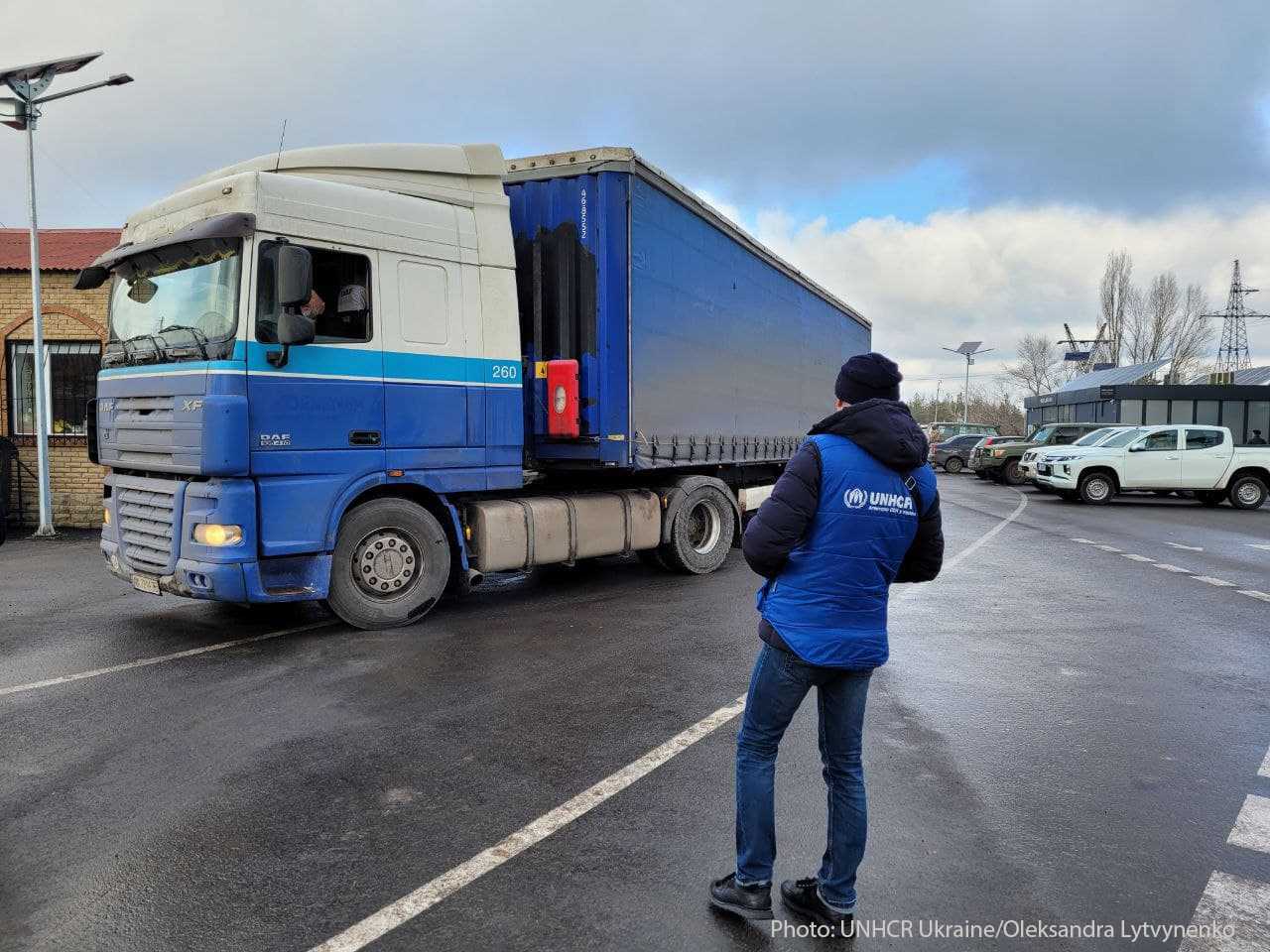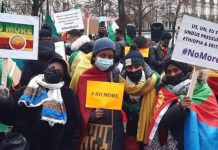Africa-Press-Ethiopia
The UN has seen the media and other reports of abuses and violence and calls on all to ensure that access is granted for humanitarian workers to provide required assistance and aid to victims/survivors.
Looting of humanitarian supplies, destruction and vandalization of different civilian infrastructure have also been reported by our national and international partners on the ground. The UN, along with our humanitarian partners, continues to call on all parties to the conflict to comply with their obligations under international humanitarian law to protect civilians and civilian infrastructure, including humanitarian facilities and assets.
It is also crucial to grant full and unimpeded access to all aid organizations working in the region, including through blanket clearances, as the conflict continues to generate dire and life-threatening humanitarian needs.
More than 80 aid workers received clearances to move to Tigray, but the permits are for short missions or personnel returning to Tigray. Authorizations for needs assessments missions are pending with the authorities.
Hundreds of thousands of people affected have not been reached, particularly in rural areas. The restricted access prevents humanitarians from carrying out and monitoring distributions.
Despite the challenges, humanitarians on the ground are working to increase the response, with some progress made, especially on food assistance in main cities. In addition, more than 280,000 people have received clean water; more than 35,000 refugees in Mai Ayni and Adi Harush camps are receiving food assistance; and more than 65,000 displaced people have received shelter and critical household items.
Nigeria
The UN Resident and Humanitarian Coordinator in Nigeria, Edward Kallon, strongly condemned the attack by non-State armed groups in Dikwa, Borno State, during which several aid facilities were attacked. The attack started last night and, as information is still coming through, the premises of several aid agencies and a hospital were reportedly set ablaze or sustained damage.
Mr. Kallon expressed concerns about the safety and security of civilians in Dikwa, including internally displaced people inside and outside camps and thousands of people who had returned to the community after years in displacement.
This violent attack will affect the support provided to nearly 100,000 people who are desperately in need of humanitarian assistance and protection, particularly as the COVID-19 pandemic risks spreading in Borno State, he said.
Civilians and aid workers, their facilities and assets should never be a target. They must be protected and respected at all times. The Humanitarian Coordinator called on all armed parties to immediately stop the violence and respect international humanitarian law and human rights law, and ensure the protection of civilians, humanitarian property and personnel.
Ukraine
The first UN-organized humanitarian convoy, with 133 tons of shelter materials and other relief items, passed through Shchastia crossing point to the non-Government-controlled area of Luhanska oblast.
The Humanitarian Coordinator in Ukraine, Ms. Osnat Lubrani, noted this as an achievement and congratulated all relevant parties for their facilitation.
She said she hoped that the crossing point will continue to be used for more efficient delivery of humanitarian cargo in the Luhansk region, but stressed the importance of ensuring that humanitarian convoys continue to pass directly to the Donetsk region through the crossing point Novotroitske, which is only partially operational and has been temporarily closed to the passing of humanitarian convoys.
With the growing needs of 3.4 million Ukrainians amid the COVID-19 pandemic, Ms. Lubrani urged all concerned parties to ensure the unimpeded humanitarian aid delivery and access of humanitarian workers to people in need.






